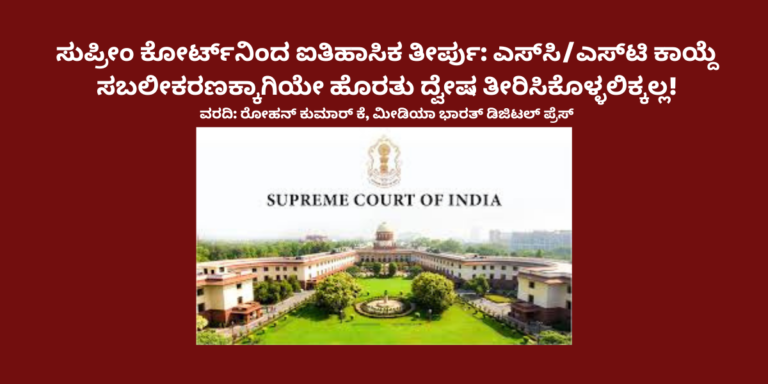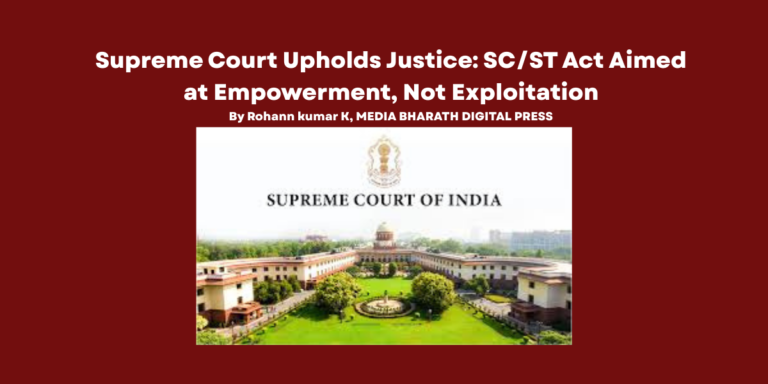
Here’s an analysis of the legal implications of the citizen’s reaction in this scenario:
Legal Implications of the Citizen’s Reaction
In this scenario, a citizen, angered by a public servant’s derogatory remarks against a religion, expresses their reaction by saying that such people should be “hit by a slipper of the Constitution” or refers to the “Constitution as a slipper.”
Here’s a breakdown of the legal implications for both the citizen and the public servant:
1. Liability of the Citizen:
- Freedom of Speech and Expression (Article 19(1)(a)): The citizen’s statement is an expression of anger and outrage against the public servant’s words. In a democratic society, citizens have the right to express their opinions, even if those opinions are strongly worded.
- However, this right is subject to reasonable restrictions. The key question is whether the citizen’s statement crosses the line from expressing outrage to inciting violence, hatred, or contempt towards the Constitution.
- Contempt of the Constitution: While there is no specific law that directly criminalizes the act of comparing the Constitution to a slipper, the statement could be interpreted as showing disrespect or contempt towards the Constitution, which is a revered symbol of the nation.
- However, merely expressing anger or using strong words, without a clear intention to incite violence or disrupt public order, is unlikely to be considered a serious offense.
- Incitement: If the citizen’s statement is interpreted as inciting others to physically harm the public servant, it could have more serious implications. However, in the context you’ve described, it appears to be a metaphorical expression of outrage rather than a direct call for violence.
2. Liability of the Public Servant:
- The public servant’s actions in making derogatory remarks against a religion are far more serious and have clear legal implications.
- Section 295A of the IPC: As discussed earlier, this section criminalizes deliberate and malicious acts intended to outrage the religious feelings of any class. The public servant’s statement comparing temples to liquor shops and denouncing temple visits is likely to be seen as a direct insult to the religious beliefs of a large number of people.
- Service Conduct Rules: Public servants are expected to maintain a high standard of conduct and uphold the principles of secularism. Making such derogatory remarks violates these rules and could lead to disciplinary action, including suspension or dismissal.
- Hurt Feelings: The primary factor here is that the statements made by the public servant has hurt the feelings of the large population.
Comparison of Liability:
In this scenario, the public servant’s actions are more likely to attract legal and disciplinary action. They have:
- Made statements that directly insult religious beliefs (Section 295A IPC).
- Violated their duties as a public servant to remain secular and unbiased.
The citizen’s statement, while perhaps disrespectful, is more likely to be seen as an emotional reaction to the public servant’s provocative words. While it could be interpreted as showing some level of contempt towards the Constitution, it is less likely to lead to serious legal consequences unless it is shown to have incited violence or public disorder.
Conclusion:
The public servant is more culpable in this scenario. The citizen’s statement was an immediate reaction expressing his anger.



